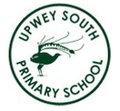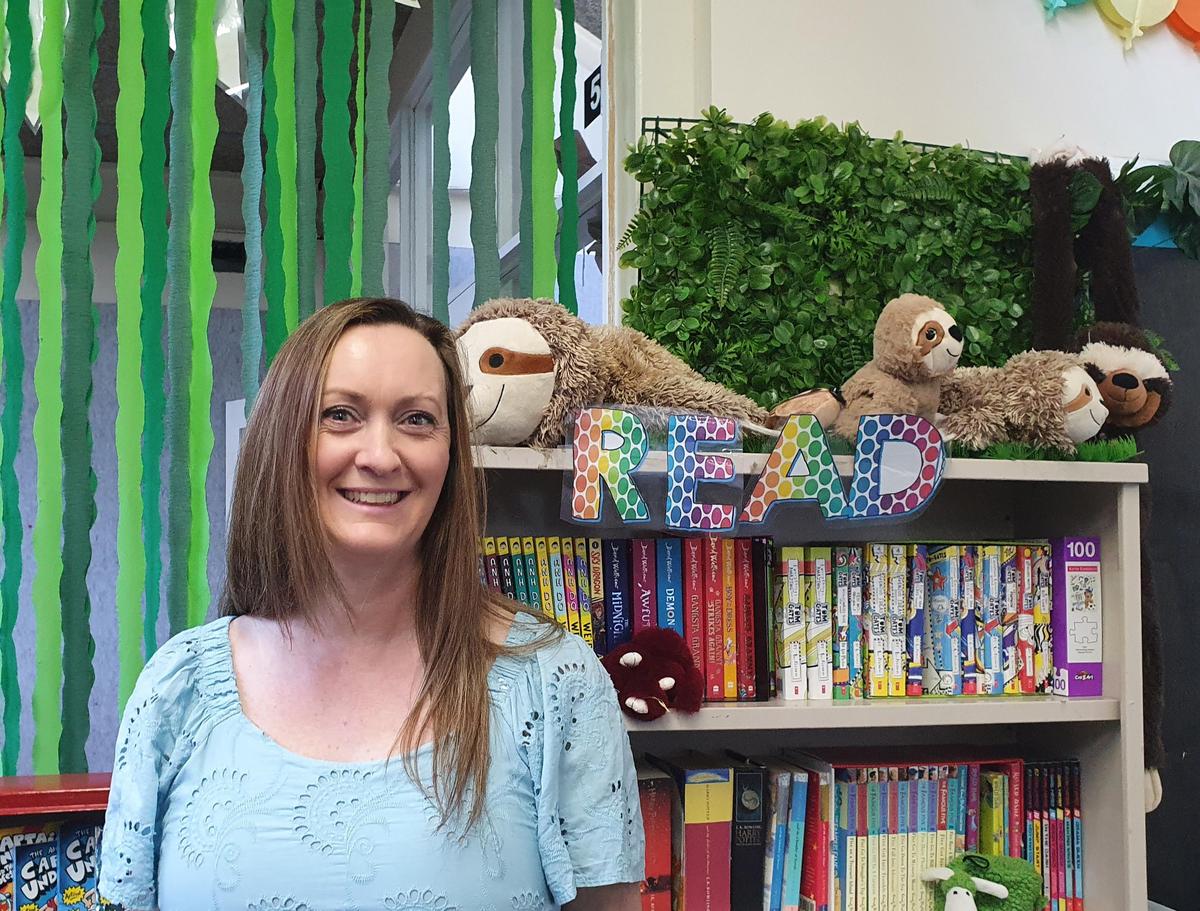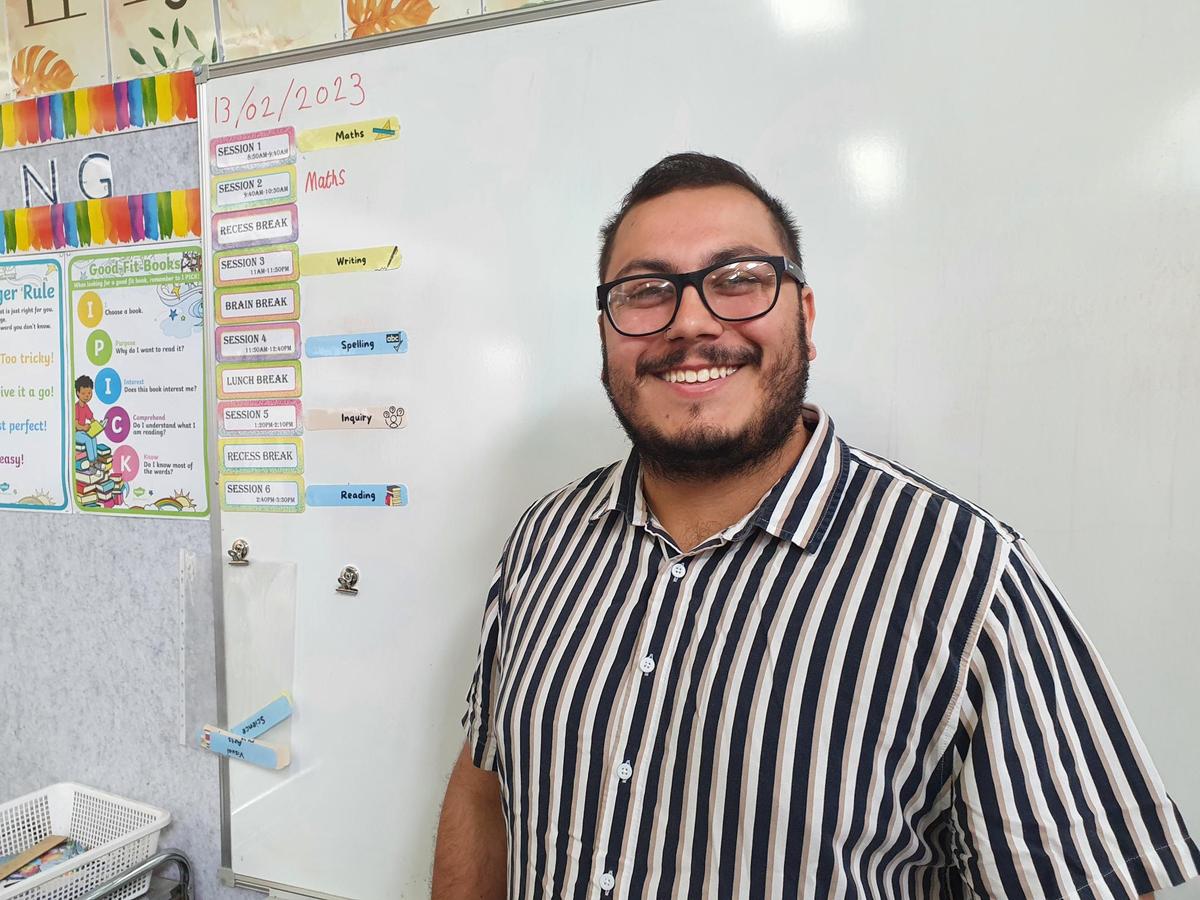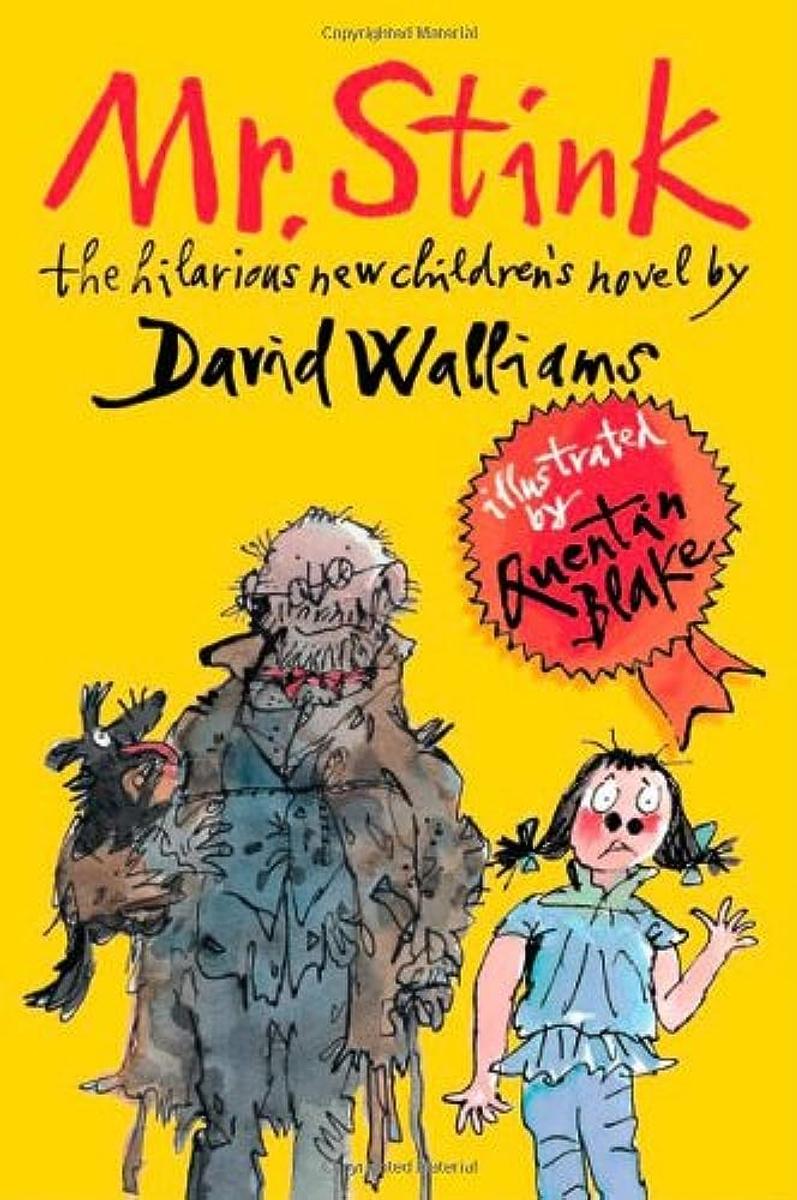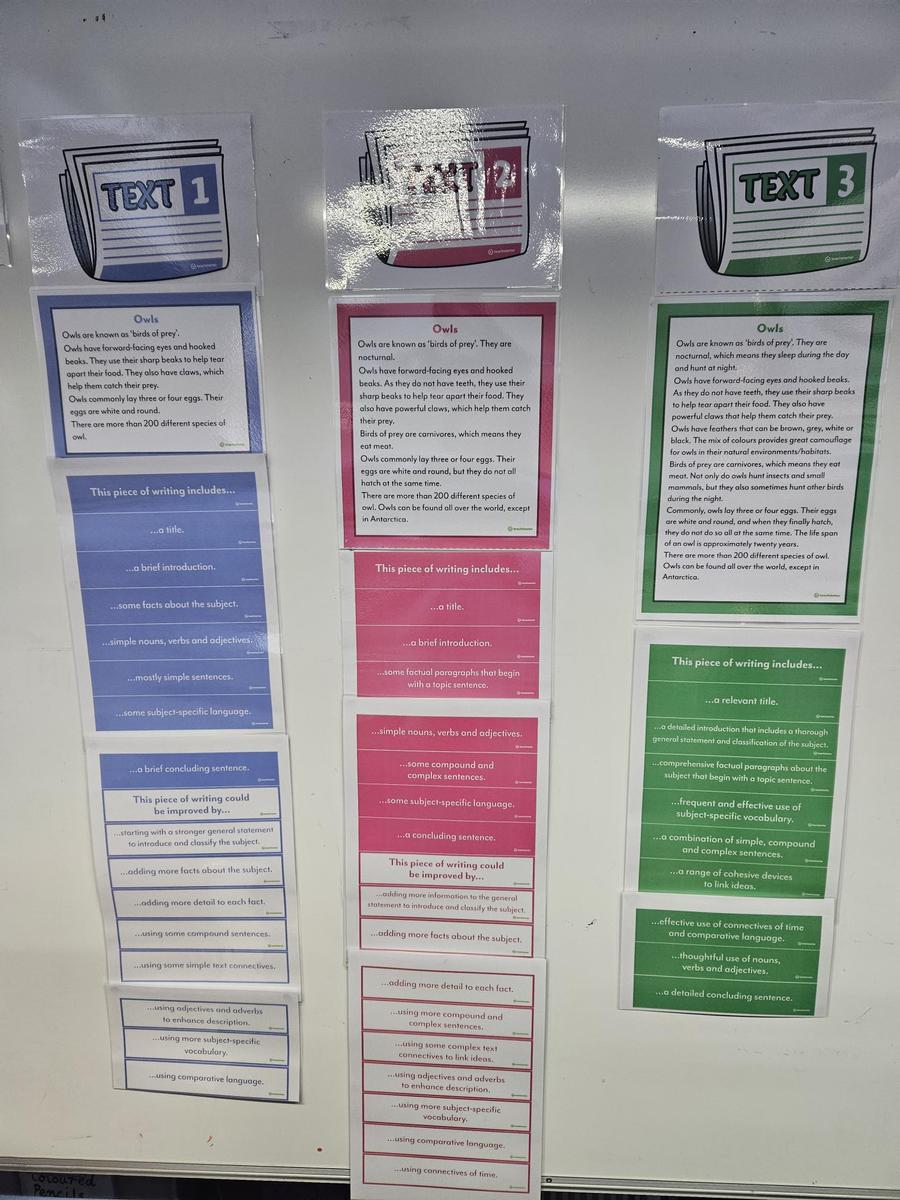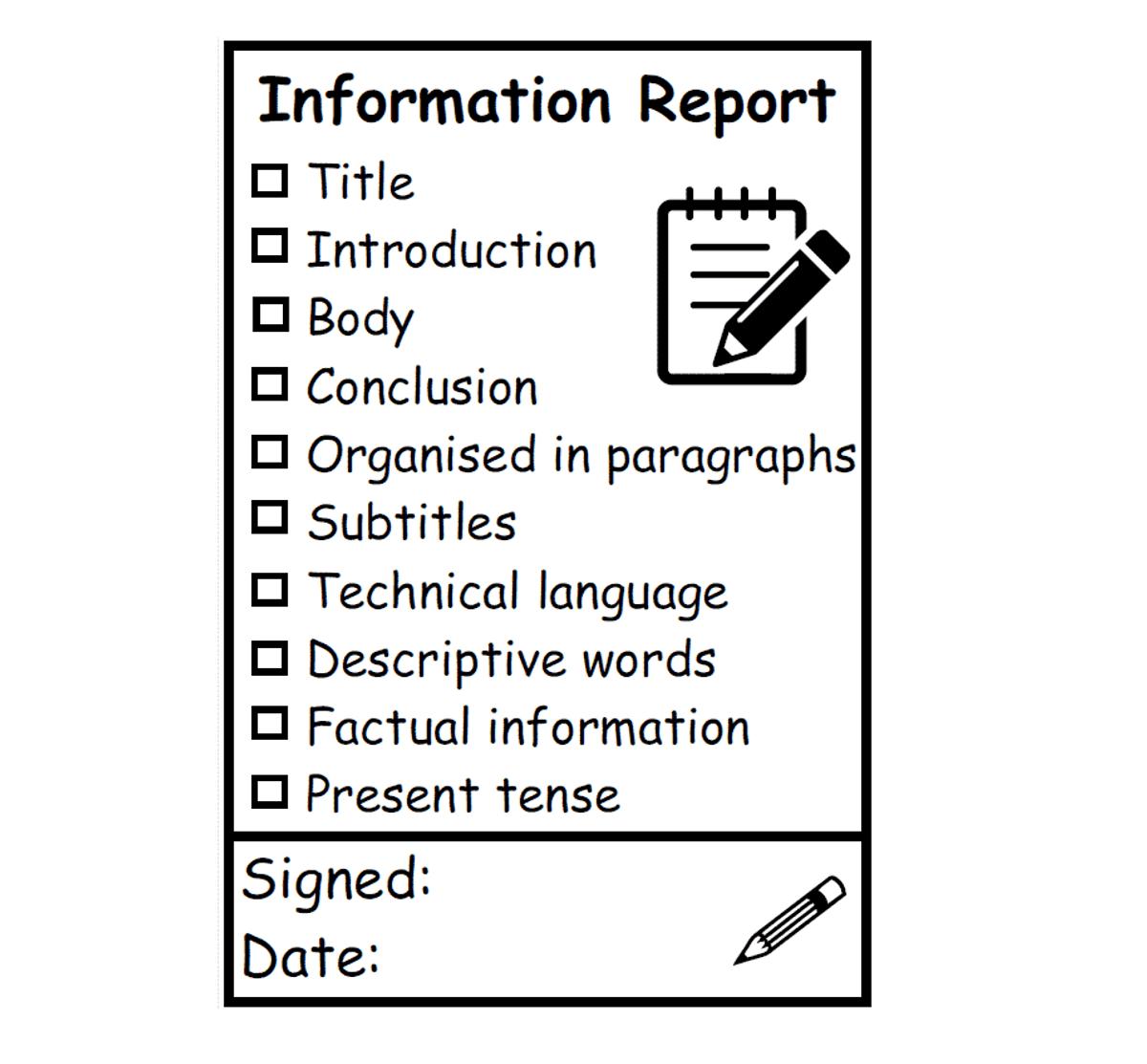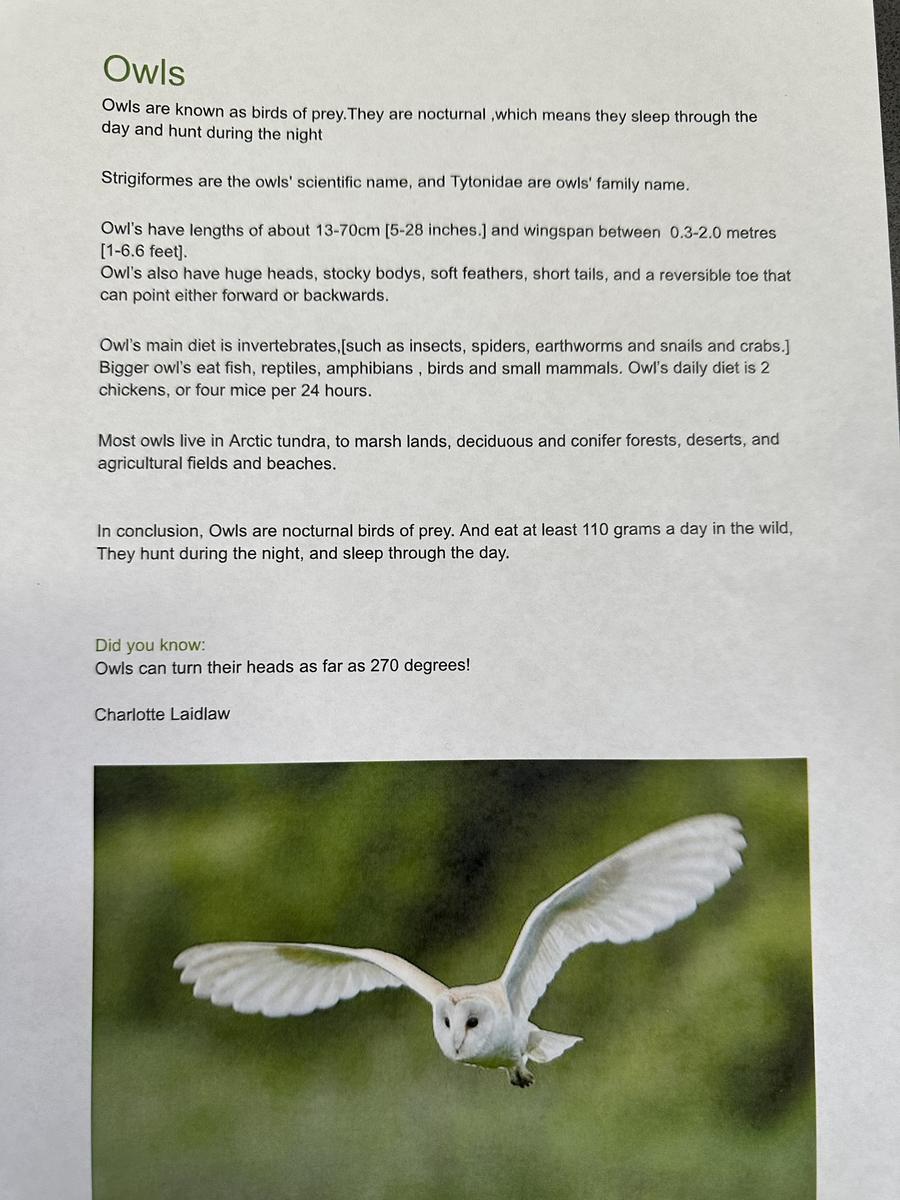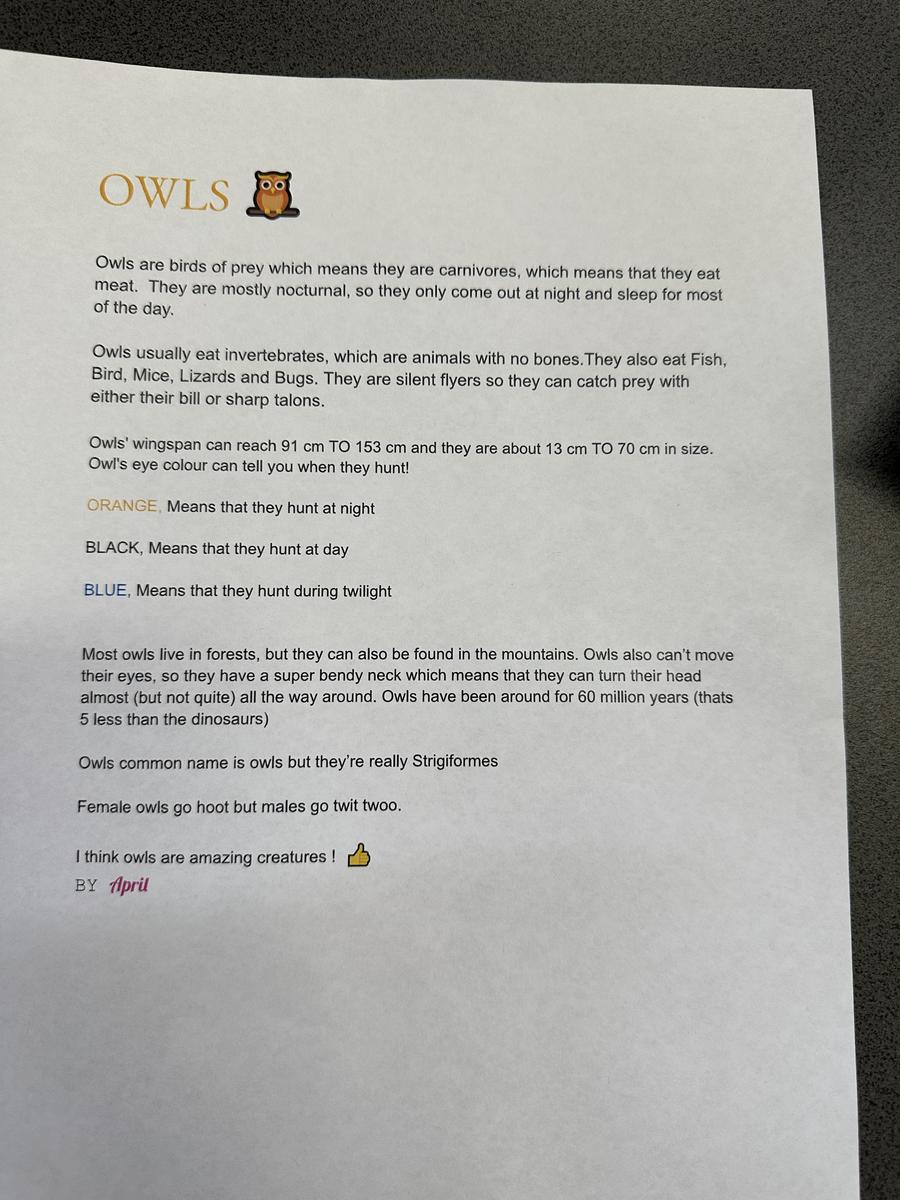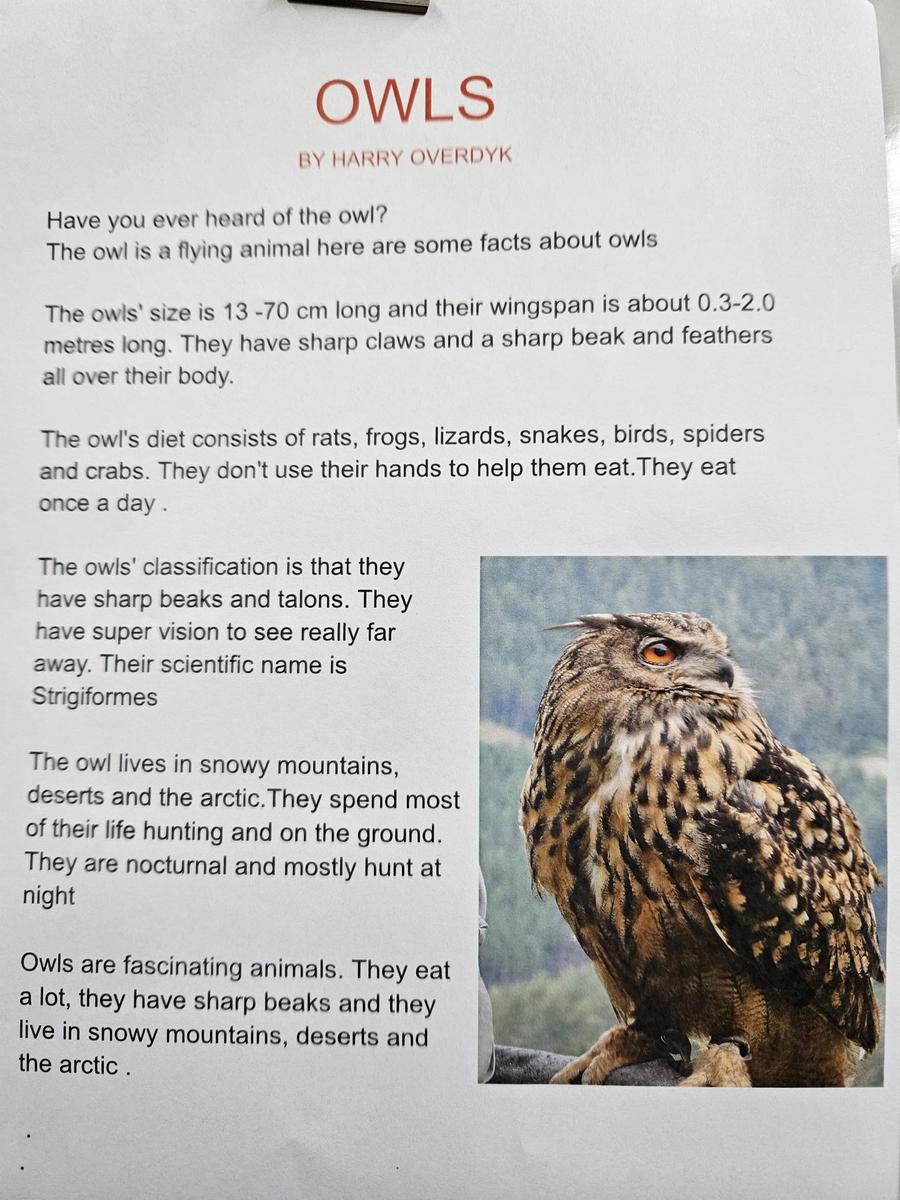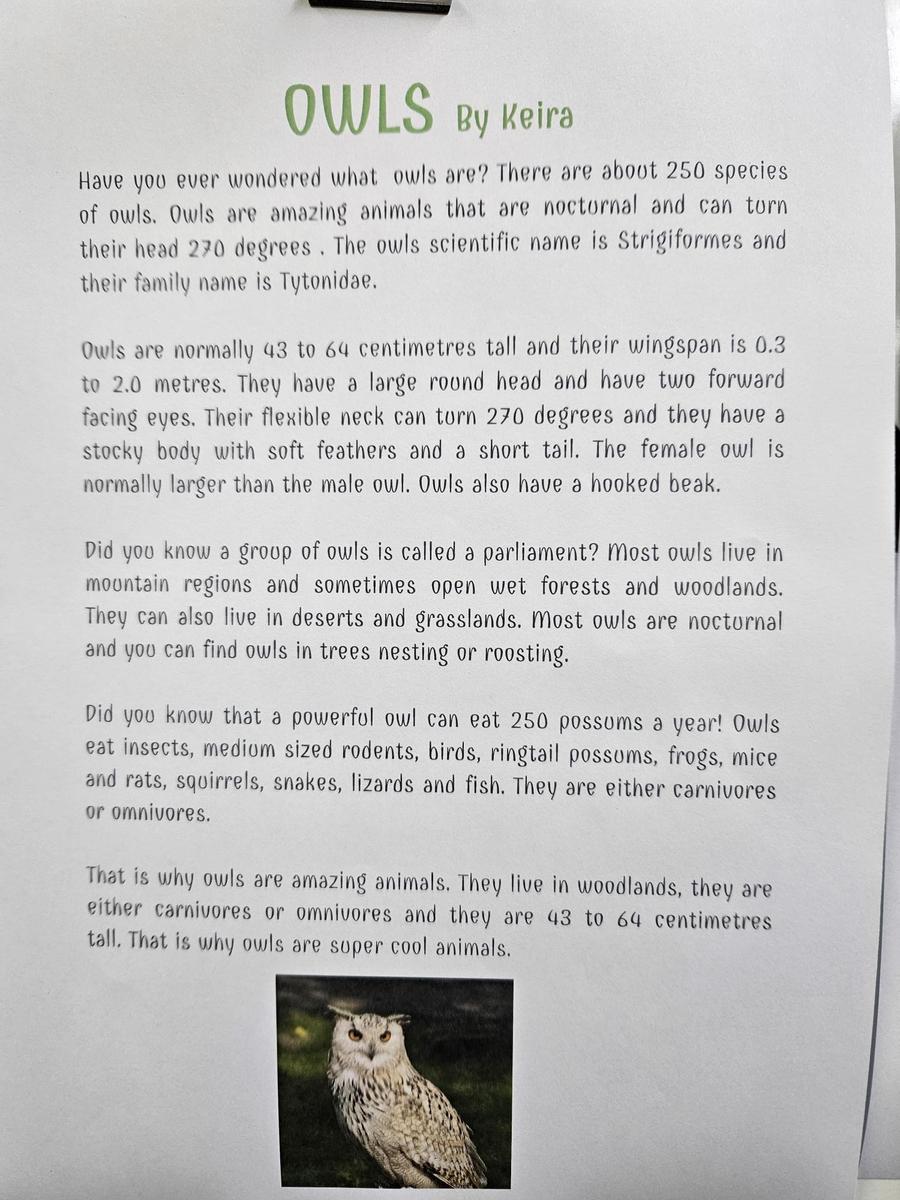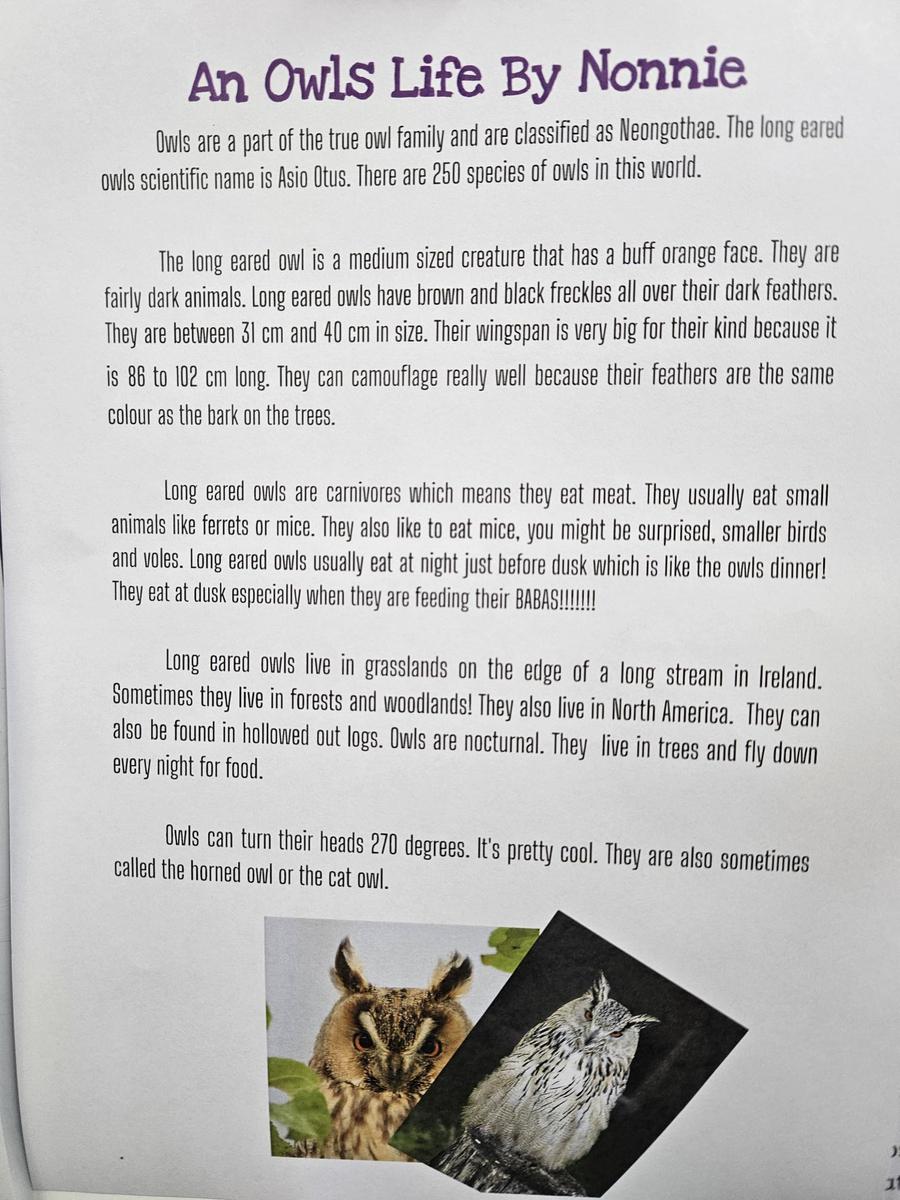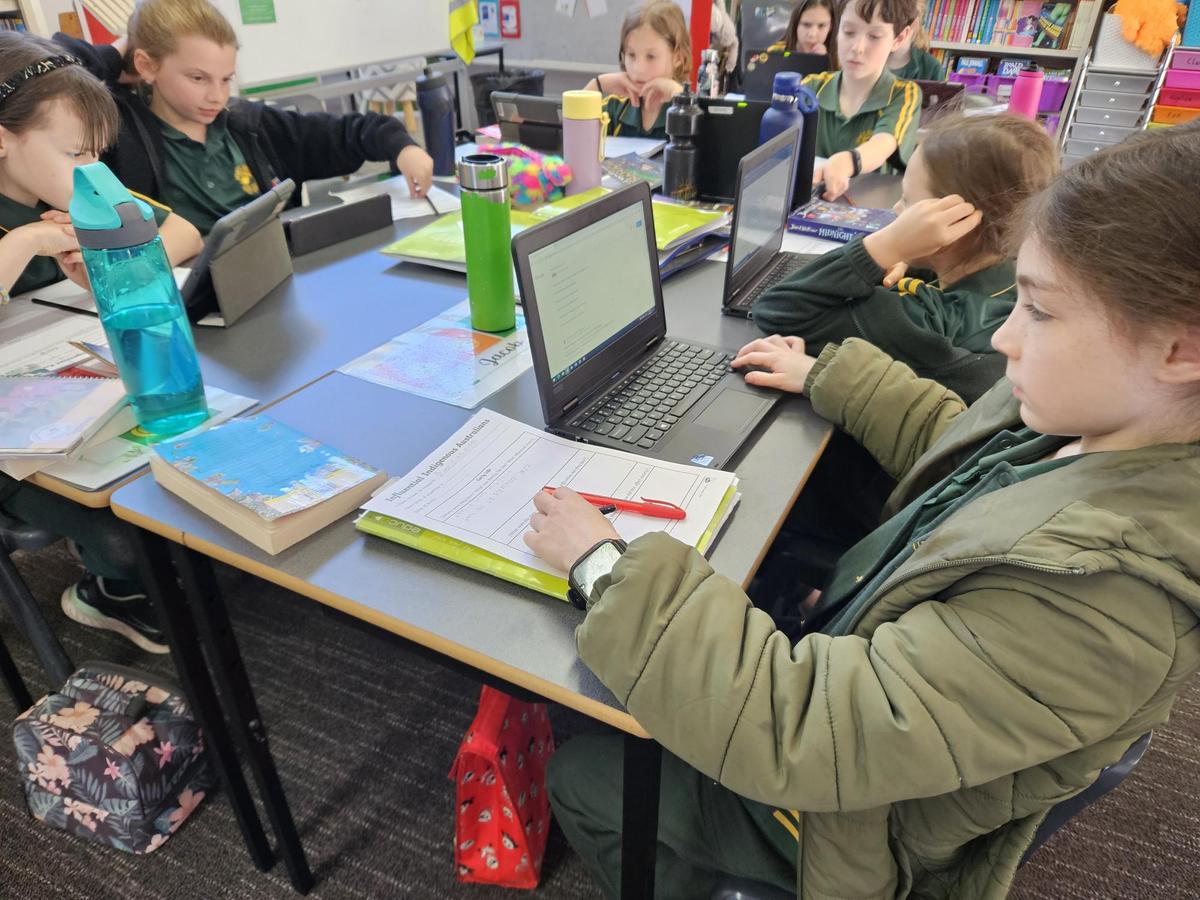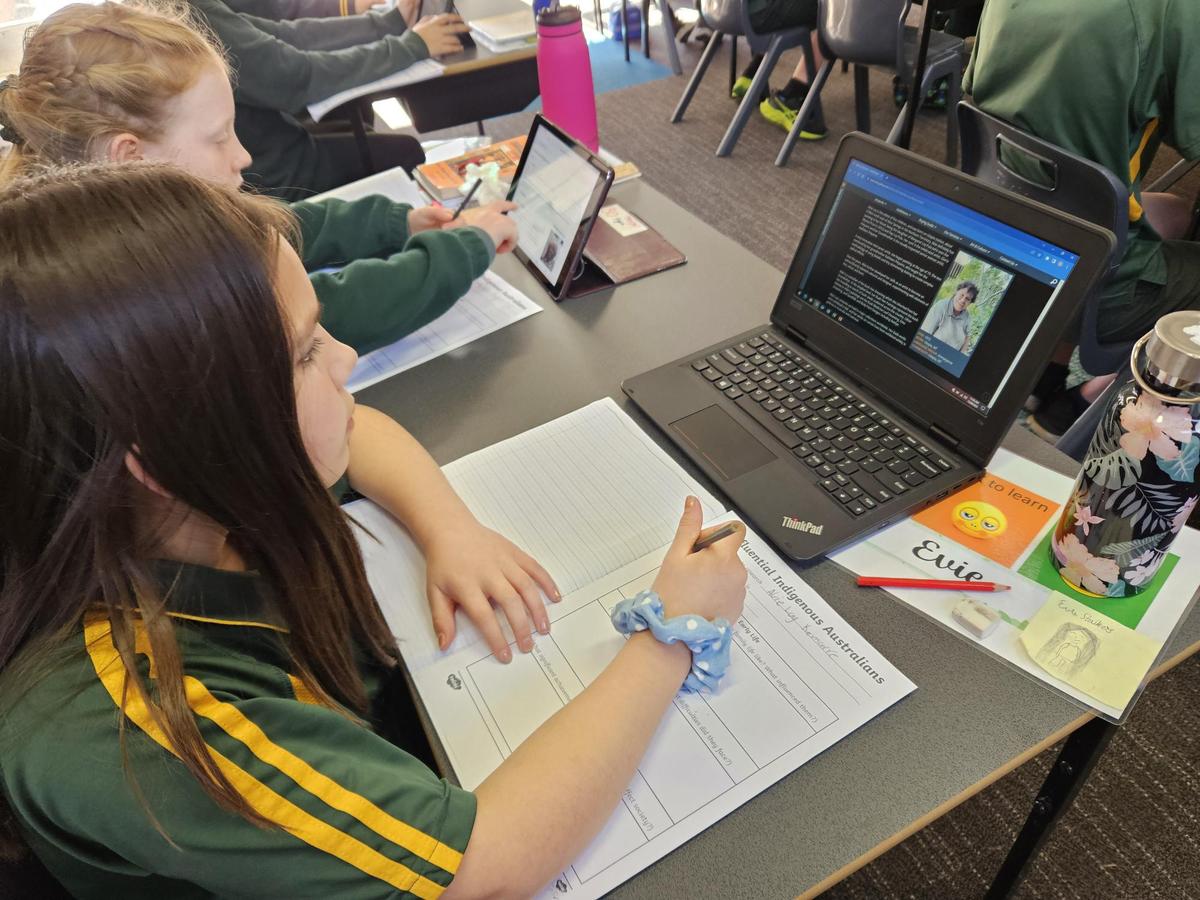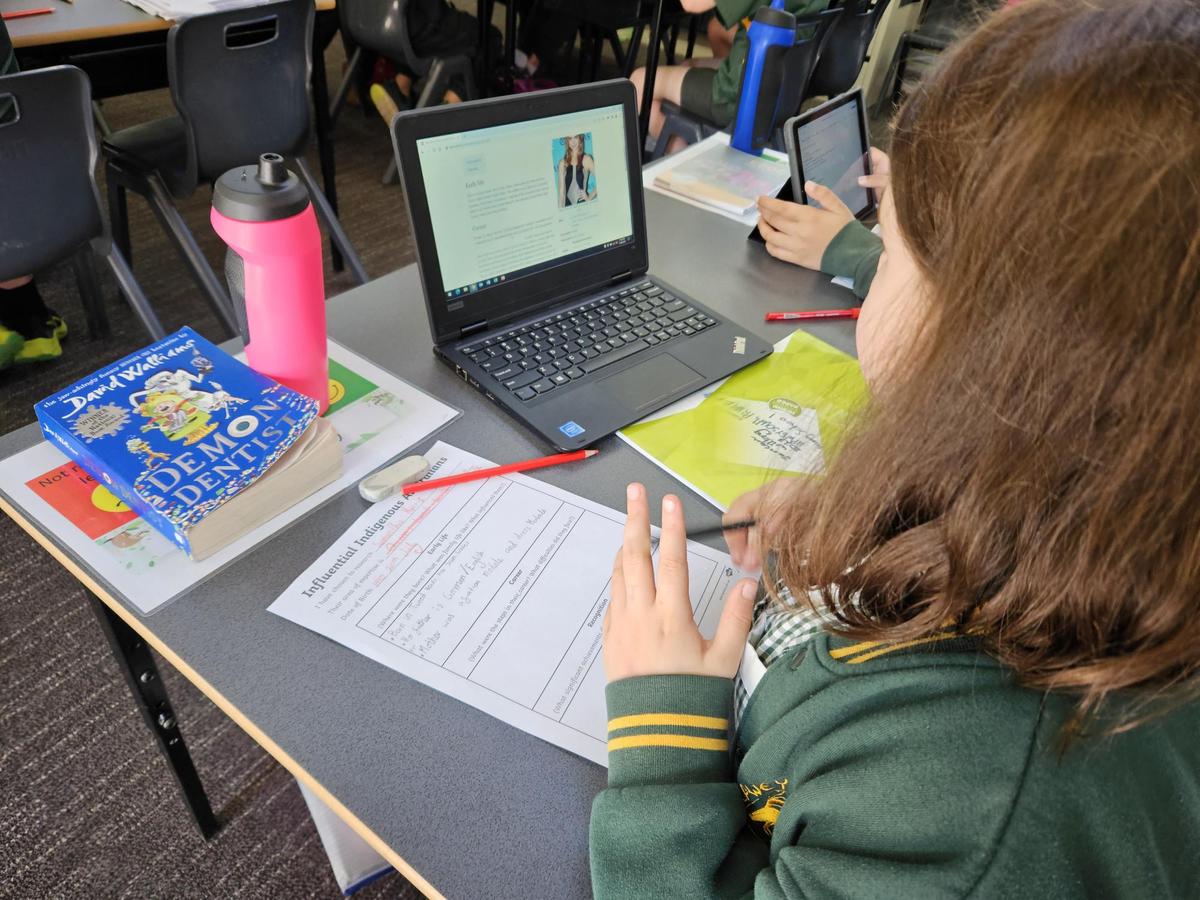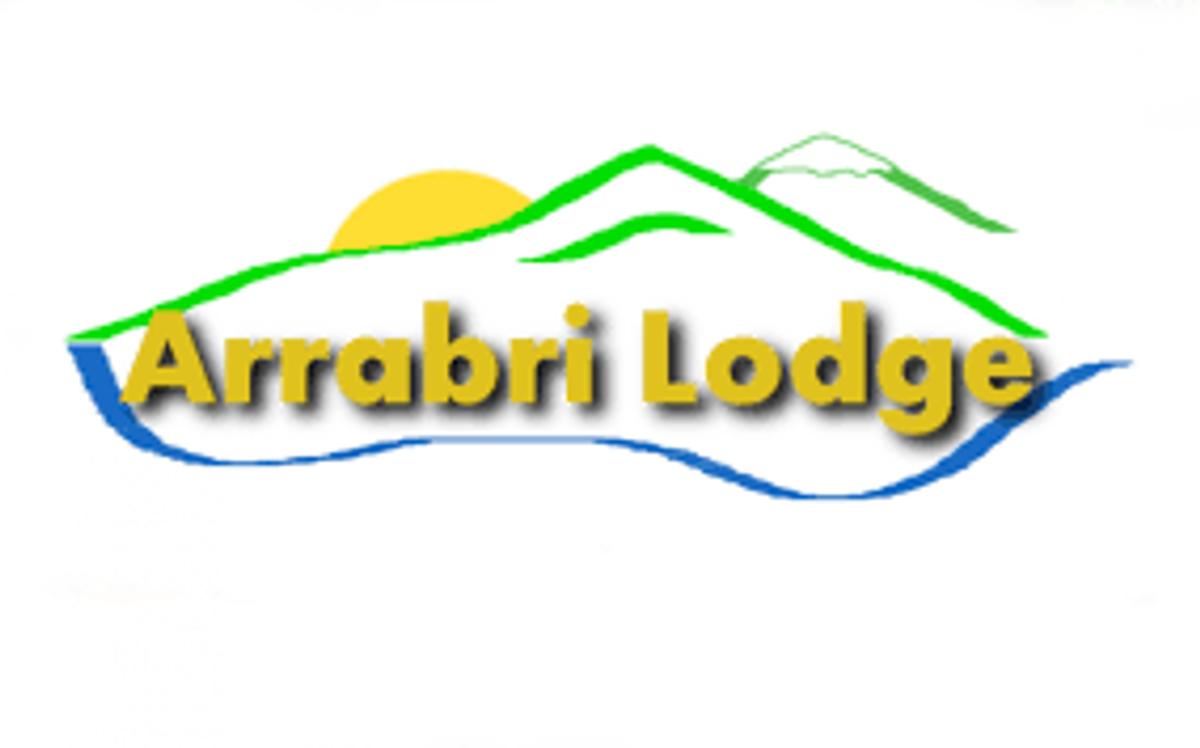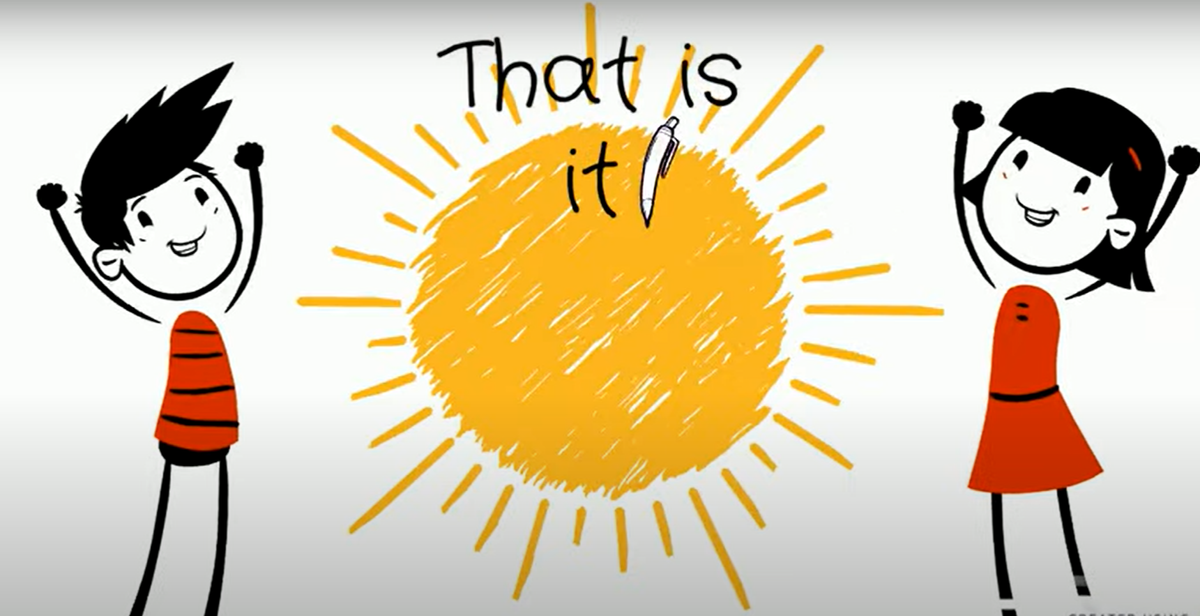Year Three/ Four

Communicating with the Year Three/Four Team
We look forward to partnering with you in 2023, and welcome your input:
Melinda Rowe (Class 34A) Melinda.Rowe@education.vic.gov.au
Lachlan Prasad (Class 34B) Lachlan.Prasad@education.vic.gov.au
Michelle Wright (Class 34C) Michelle.Wright@education.vic.gov.au
ENGLISH IN TERM THREE
READING
Throughout this term we have been reading and discussing ‘Mr Stink' by David Walliams, with the aim of watching the movie at the end of the term and comparing the two.
During the term we have continued to develop and refine our reading strategies, focusing on the main idea, summarising and digital vs physical media. We have also widened our horizons by investigating the Aboriginal Dreamtime or the ‘Dreaming’ through the use of stories such as, How the birds got their colours, How the kangaroos got their tails, How the koala got its stumpy tail, How different materials were used by different Aboriginal groups and the significance of Uluru to the First Nations people.
Students read independently each day at school and we encourage them to choose a book that is a good fit book. This means the book is not too easy and also not too difficult and is of a genre that interests the student.
Students are highly encouraged to be reading daily at home to assist in increasing reading fluency, comprehension, expression and increase their vocabulary.
WRITING
This term we have been learning all about information reports. Students have been exploring the key features of such reports and learning how to write their reports using given and also researched information. They each researched information about owls writing key information into dot points. Students then used this information to write and publish each section of their information report. They utilised the bump it up walls in the classroom to work out how they could improve their writing.
A key aspect of writing this term will be researching an influential Indigeous person. Students will be finding all out about their chosen person and putting this information together into an information report. Upon completion of their report, students will be giving an oral presentation to the class. These written reports and the oral presentation will form part of your child's portfolio for this semester.
SPEAKING AND LISTENING
Students will be presenting their information report to the class as part of our speaking and listening focus. They will have the chance to provide peer feedback to each other based on their presentation as well as feedback from their teacher. It would be a good idea for your child to practise presenting their report at home as part of their homework. We are encouraging students to speak clearly, stand confidently and use eye contact with the audience.
CAMP
Thank you to those that attended our online information session for our upcoming camp. Please note that an important camp post has been sent via Compass on Tuesday 15th August.
This post contains:
- a Q and A style information sheet
- information regarding parent helpers
- a link to fill out a form if you are interested in volunteering for camp
- the PowerPoint that was presented during this information
Please note that the following information has been added as a resource in the Compass event: Power Point, Packing list and medical information sheet.
HOMEWORK
The homework in the Year 3/4 level generally consists of daily reading, learning times tables and learning specified spelling words.
DIARIES
Please note that it is expected that your child has their diary at school every day.
READING
We recommend that your child reads daily and records their reading into their diary. This should include the book title, author and pages read. Ideally, the child should be reading to a parent if possible as this helps with fluency, expression and comprehension.
SPELLING
When students complete progress monitioring or cumulative review spelling assessments, any words that students had trouble with, are then used as spelling words. These words will be written into your child's diary. We encourage students to practice spelling these words daily as homework.
TIMES TABLES
Students have now completed a times table assessment to check their understanding and knowledge. Students have been instructed to start learning a particular set of times tables. Your child should be learning these out of order and be able to have an automatic response when the question is asked of them. Once they are confident in knowing the set of times tables, your child will then let their teacher know they are ready to be tested. If they are able to show confidence in recalling the set of tables, they will then receive their next set of times tables to learn.
SPECIALIST TIMETABLE
Please find below the times that each class are scheduled to have their specialist classes. Please note that these times are subject to change for example during swimming weeks etc.
34A
Tuesday 2:40pm: Science
Wednesday 9:40am: PE
Thursday 1:20pm: Visual Art
Friday 11am: Performing Arts
Friday 11:50am: Japanese
34B
Tuesday 2:40pm: Performing Arts
Wednesday 11am: PE
Thursday 9:40am: Visual Art
Friday 11am: Japanese
Friday 11:50am: Science
34C
Tuesday 2:40pm: Visual Art
Wednesday 11:50am: PE
Thursday 9:40am: Japanese
Friday 11am: Science
Friday 11:50am: Performing Arts
